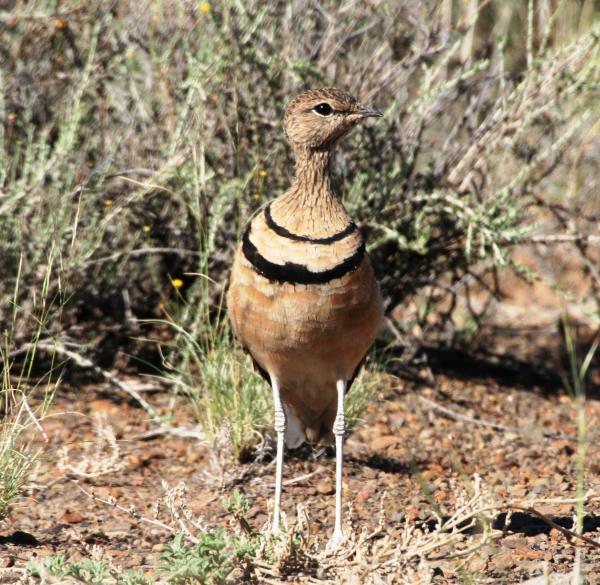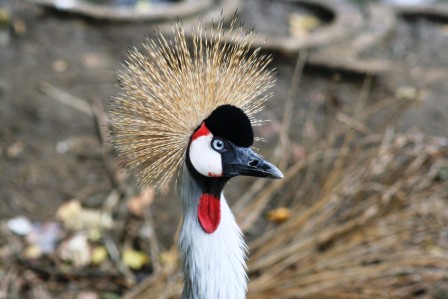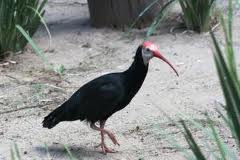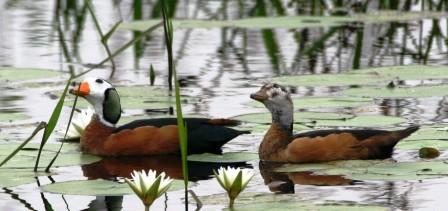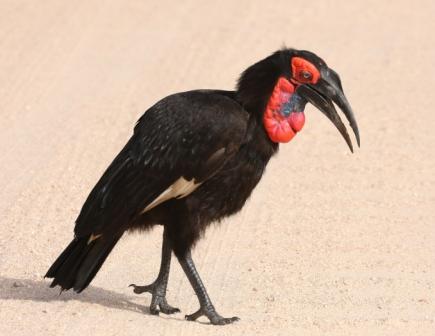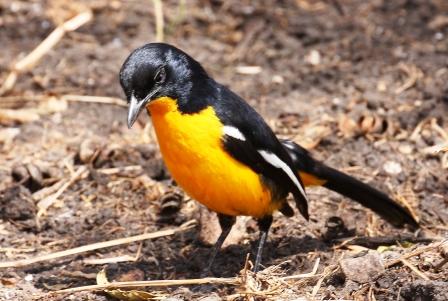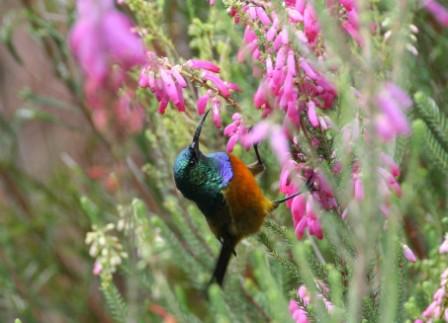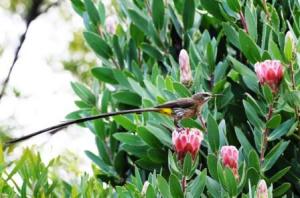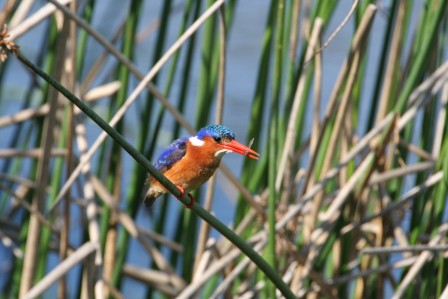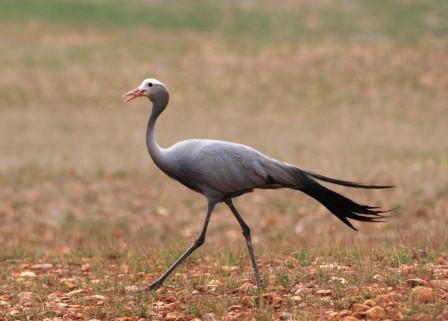|
|
JOIN OUR MAILING LIST |
|
Newsletter / Blog 2012-03-11 Aves bird of the week – White Stork – Ciconia ciconia The White Stork - Ciconia ciconia – is a long-distance migrant, wintering in Africa, or India. When migrating between Europe and Africa, it avoids crossing the Mediterranean Sea and detours via Israel in the east or the Strait of Gibraltar in the west, because the air thermals do not form over water. Description It is a large bird, with long red legs, a long neck, and a long, straight, pointed red bill. The sexes are identical, except that males are larger than females. The plumage is mainly white with black flight feathers and wing coverts. The juvenile bird's plumage is similar to that of the adult, though its black feathers are often tinged with brown. Call The adult White Stork's main sound is noisy bill-clattering, which is amplified by its throat pouch. The only vocal sound adult birds generate is a weak barely audible hiss. Food The White Stork's preferred feeding grounds are grassy meadows, farmland and shallow wetlands. They consume a wide variety of animal prey. Common food items include insects, earthworms, reptiles, amphibians, particularly frog species and small mammals such as voles, moles, and shrews. Breeding The White Stork breeds in open farmland areas with access to marshy wetlands, building a large stick nest in trees, on buildings, or on purpose-built man-made platforms. The nest is used year after year and a single brood is raised. Normally four white eggs are laid, which are incubated for 33 to 34 days. Chicks fledge 58 to 64 days after hatching. White Storks generally begin breeding when about four years old. Conservation Status – Least concern The White Stork's decline due to industrialisation and agricultural changes, has been reversed by reintroduction programmes in Europe, as well as feeding, nest building sites and habitat conservation efforts. Birdwatching These striking birds can be seen during the northern winter on the following Aves Birding Tours/Safaris/Adventures: - Aves Arid Birding Tour/Safari/Adventure. Aves Eastern Cape Birding Tour / Safari /Adventure. Aves Highlands / Tembe Birding Tour / Safari / Adventure. Aves KZN Birding Tour / Safari / Adventure. Aves North East Birding Tour / Safari / Adventure. Aves North West Birding Tour / Safari / Adventure. Aves Western Cape Birding Tour / Safari / Adventure. Aves West Coast Birding Tour / Safari /Adventure.
|
| Back | Back to top |
 |  | Cape Town Tourism  |
|||||||||||||

